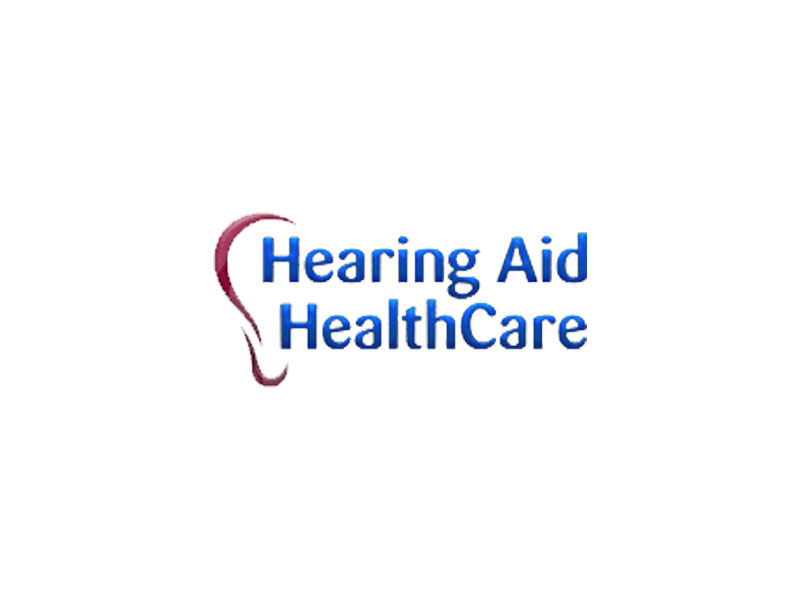Why? It's the number question by our patients. There are many reasons why you could have experienced some hearing loss, but the most important thing to know is that if you have, you are not alone – 22 million Americans have some degree of impaired hearing, and 10 million of them qualify as having hearing loss, as defined by having difficulty hearing normal conversations.
As to the possible causes of hearing loss, the most common is aging, known technically as age-related hearing loss, or presbycusis. Over time, the nerves and hair cells of the inner ear become damaged and begin to degenerate, making it more difficult to hear high-pitched sounds such as the sounds of women's or children's voices, or to be able to distinguish between consonants like S, T, K, P, and F.
Noise-induced hearing loss (NIHL) is the second most experienced hearing loss, also known as acoustic trauma. This is caused by a series of exposures to loud noise. It can happen as a result of being around loud music (such as attending or working in loud nightclubs) or working with noisy machines or equipment. These are both examples of what is called sensorineural hearing loss, and although these conditions can rarely be reversed or eliminated, they can easily be treated using hearing aids to amplify and filter the sounds you hear.
Conductive hearing loss is different, and is characterized by a blockage in the ear canal that prevents sound from reaching the eardrum; the most common cause of this is the most easily treated and reversed, a buildup of ear wax. This type of hearing loss may also be caused by a buildup of fluid in the middle ear, by otosclerosis (abnormal bone growth that renders the inner ear less able to transmit and understand sounds), and by the eardrum having been perforated or scarred.
Other known causes for hearing loss are infections in the ear canal and middle ear, as well as medications including antibiotics and drugs used in cancer treatment. There are also common diseases that may result in hearing loss, such as diabetes, Ménière's disease, a form of non cancerous tumor called acoustic neuroma, heart disease, and stroke.
The important thing, if you are experiencing any degree of hearing loss, is to make an appointment so that we can test your hearing and determine what the cause of it may be and advise you on how to best treat it. Your hearing loss won't go away if you ignore it or pretend that it's not there, and in many cases it can become worse or permanent by ignoring it, so don't put off consulting a professional hearing specialist.
